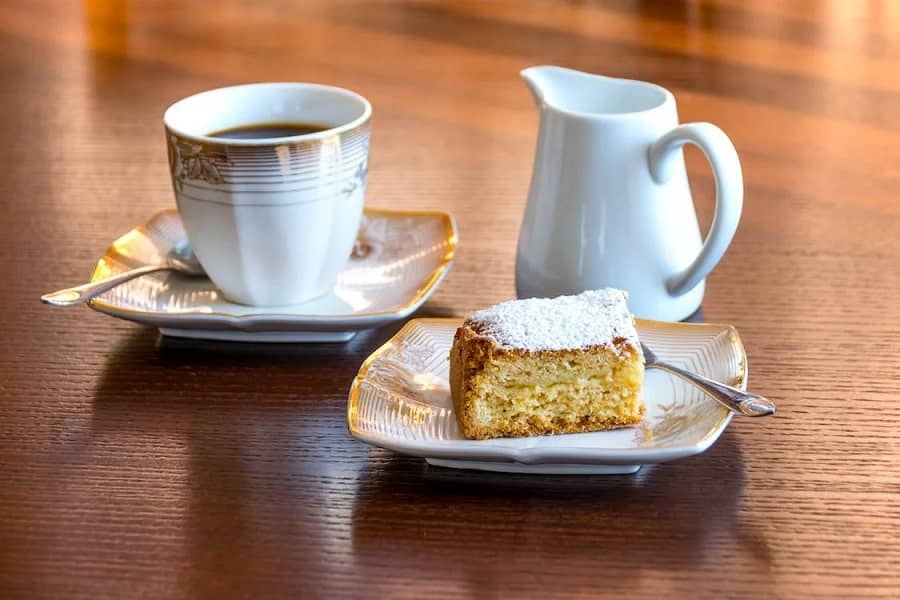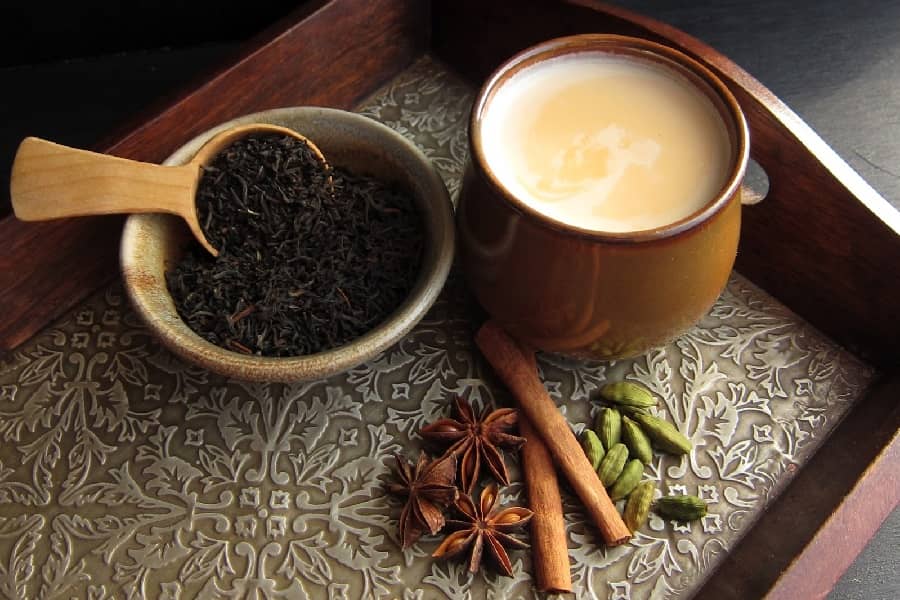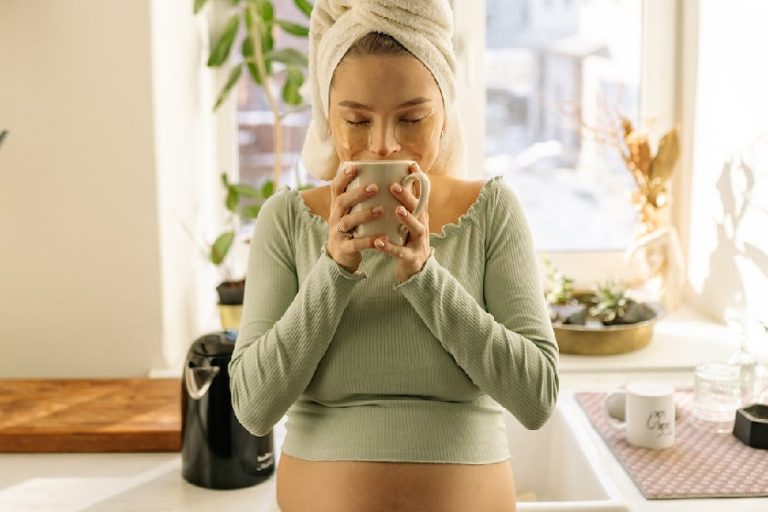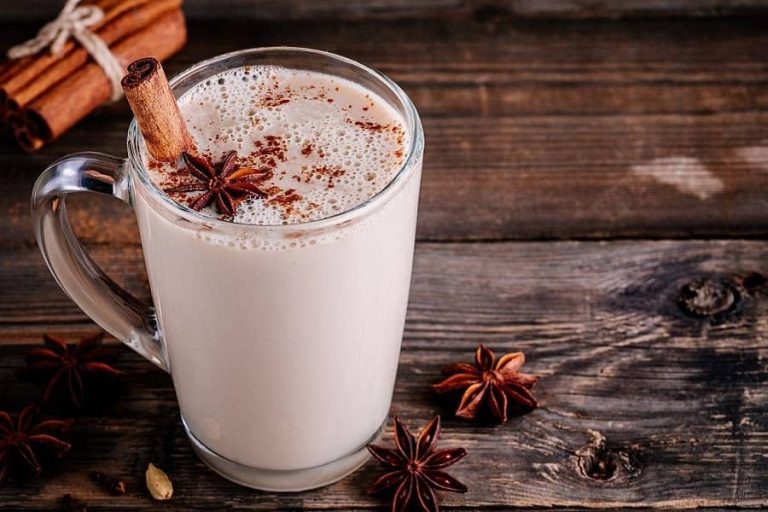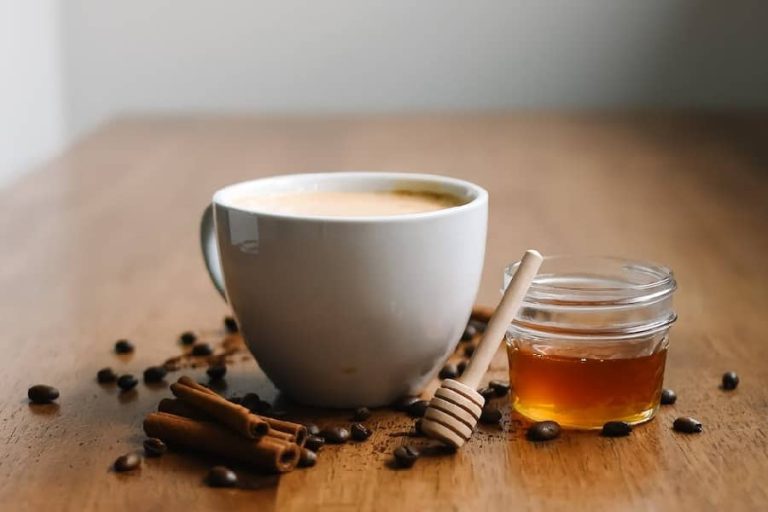How Much Caffeine in a Chai Tea?
Black tea is the primary ingredient in chai tea, and it naturally contains caffeine. According to the United States Department of Agriculture (USDA), an 8-ounce cup of black tea contains around 47 milligrams of caffeine. However, the exact amount of caffeine in chai tea can vary depending on several factors, such as:
- Type of tea: The caffeine content of chai tea depends on the type of tea used as a base. While black tea is the most common type, some chai blends also use green or oolong tea, which contain different amounts of caffeine.
- Brewing method: The way chai tea is brewed can also affect the caffeine content. The longer the tea is steeped, the more caffeine it will contain.
- Specific brand and ingredients: Different brands of chai tea use different spices and tea blends, which can have varying caffeine content.
According to some estimates, a cup of chai tea may contain anywhere from 25 to 90 milligrams of caffeine. The exact amount may be hard to determine, as it can vary so widely depending on these factors.
Chai tea has been a popular beverage for centuries, originating in India where it was traditionally made with a blend of black tea, milk, and spices such as ginger, cinnamon, and cardamom. As chai tea continues to grow in popularity around the world, many people are becoming more concerned about its caffeine content. In this article, we explore how much caffeine is in a chai tea, the factors that affect the caffeine content, and the health effects of caffeine in chai tea. We also discuss non-caffeinated chai tea alternatives and why they may be a good choice for some individuals.
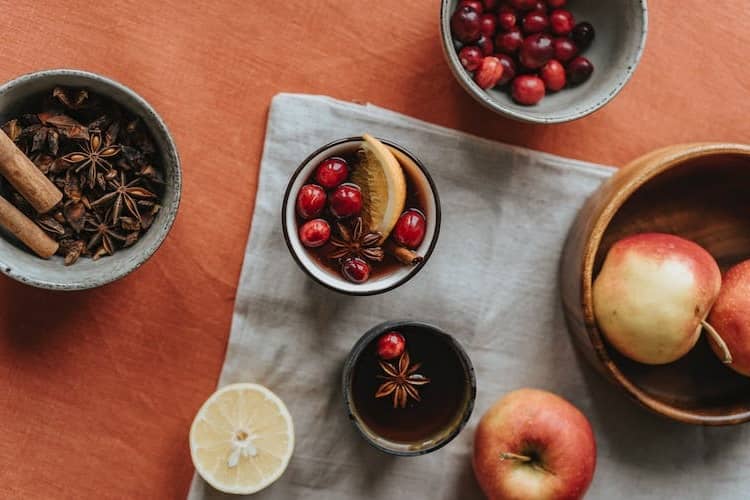
Caffeine and Chai Tea
Caffeine is a natural stimulant found in many beverages such as coffee, tea, and soda. It is also added to many energy drinks and some medications. Caffeine stimulates the central nervous system, which can help improve mental alertness and enhance physical performance. The amount of caffeine in chai tea can vary widely depending on several factors, such as the specific brand and blend of chai tea, the amount of tea used in each serving, and the brewing method.
According to the United States Department of Agriculture (USDA) Nutrient Database, a typical 8-ounce cup of black tea contains approximately 47 milligrams (mg) of caffeine. Since chai tea is usually made with black tea, it will contain some amount of caffeine. However, the concentration of caffeine in a serving of chai tea is likely to be lower than that of a standard cup of black tea since chai tea is usually prepared using a blend of tea, spices, and milk.
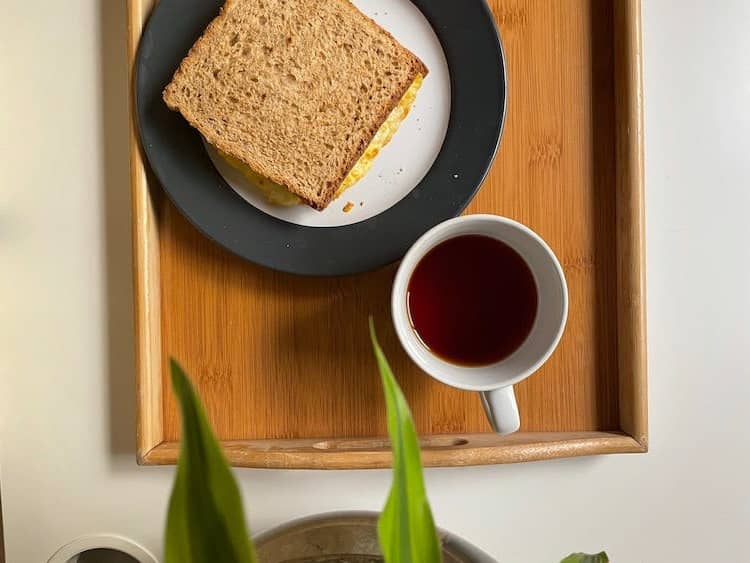
Caffeine Content in Different Varieties of Chai Tea
The amount of caffeine in chai tea may vary depending on the brand and blend of tea used. Some popular brands of chai tea that contain caffeine include Tazo Chai Tea, Twinings Chai Tea, and Bigelow Spiced Chai. Tazo Chai Tea, for example, is made with black tea, ginger, cinnamon, cardamom, black pepper, and star anise. One tea bag of Tazo Chai Tea is estimated to contain approximately 47mg of caffeine.
Twinings Chai Tea also contains black tea and a blend of spices that includes cinnamon, ginger, and cardamom. One tea bag of Twinings Chai Tea contains approximately 40-50mg of caffeine per 8-ounce serving. Similarly, Bigelow Spiced Chai contains black tea and a blend of spices such as ginger, cinnamon, and cloves, and is estimated to contain up to 60mg of caffeine per serving.
It’s important to note that different brands and blends of chai tea may have different caffeine contents. Additionally, the brewing method and serving size can also affect the caffeine content in each cup of chai tea. For example, if you use more tea bags or let the tea steep for a longer period, the caffeine concentration is likely to be higher.
Health Effects of Caffeine in Chai Tea
Caffeine has been shown to have several potential health benefits, including improved mental focus and increased physical endurance. Caffeine is also a natural appetite suppressant, which can help with weight loss. However, excessive caffeine consumption can have negative side effects, particularly for individuals who are sensitive to caffeine or those who consume large amounts of caffeine on a regular basis.
Some potential side effects of excessive caffeine consumption include insomnia, nervousness, irritability, increased heart rate, high blood pressure, and digestive issues. The American Heart Association recommends that adults consume no more than 400mg of caffeine per day, which is equivalent to 4 cups of coffee. It’s important to remember that the caffeine content in chai tea may vary depending on the brand and the brewing method, so it’s always a good idea to check the packaging or consult with a healthcare professional before drinking chai tea.
Caffeine Sensitivity and its Impact on Chai Tea Consumption
Individuals who are sensitive to caffeine may need to be more careful about their chai tea consumption, particularly if they consume other caffeinated beverages throughout the day. Some individuals may experience negative effects from consuming even small amounts of caffeine, such as increased anxiety, jitteriness, or heart palpitations. It’s important to monitor how your body responds to chai tea and other sources of caffeine, as well as to be aware of the other sources of caffeine in your daily diet.

Non-Caffeinated Chai Tea Alternatives
For individuals who are looking to reduce their caffeine consumption or eliminate caffeine altogether, it’s good to know that there are several caffeine-free chai tea options available in the market. These chai tea alternatives are made from a variety of ingredients, including rooibos, peppermint, ginger, and cinnamon. Rooibos is a type of herbal tea that is naturally caffeine-free, making it an excellent choice for individuals who are sensitive to caffeine. Peppermint, ginger, and cinnamon are also commonly used in caffeine-free chai tea blends, as they provide a similar flavor profiles and are known for their health benefits.
- Rooibos: Rooibos is a type of herbal tea that is naturally caffeine-free and provides a slightly sweet, nutty flavor.
- Peppermint: Peppermint tea has a refreshing flavor and can help soothe stomach upset.
- Ginger: Ginger is a warming spice that can help support digestion and reduce inflammation.
- Cinnamon: Cinnamon is a sweet spice that can help regulate blood sugar and is rich in antioxidants.
Choosing a non-caffeinated chai tea alternative can provide several health benefits, including improved sleep quality, reduced anxiety, and lower blood pressure. Non-caffeinated chai tea can also be a good option for individuals who prefer not to consume caffeine, such as pregnant women or those with medical conditions that require them to avoid caffeine.
Conclusion
Overall, while chai tea traditionally contains caffeine due to its black tea base, the caffeine content may vary depending on the specific brand, blend, and brewing method used. It’s important to consider individual caffeine sensitivity and monitor the amount of caffeine consumed throughout the day. Non-caffeinated chai tea options are also available for those who prefer not to consume caffeine. By making informed choices about chai tea consumption, individuals can enjoy the many health benefits of this popular beverage while minimizing the risks associated with excessive caffeine consumption.

